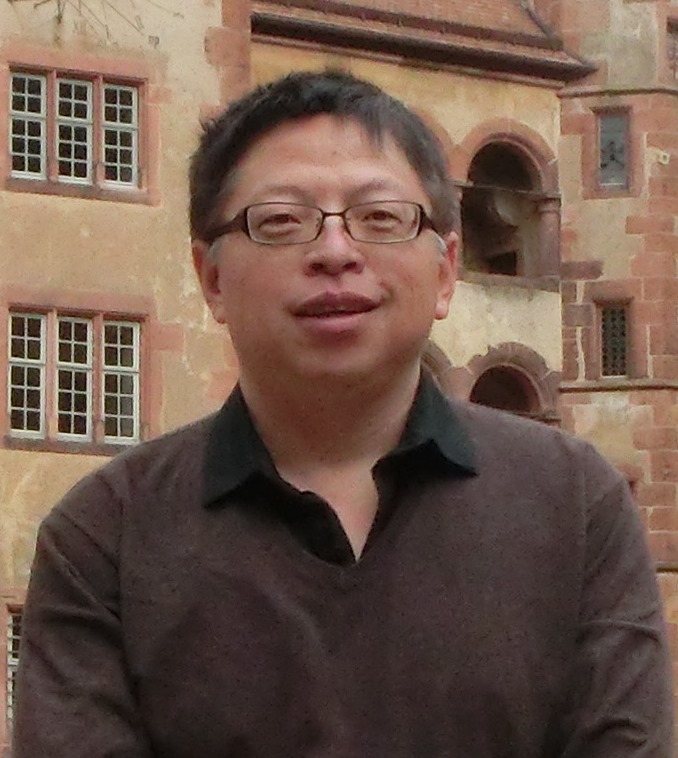Chinese political philosopher joins the Pontifical Academy of Social Sciences
Prof Bai Tongdong from Fudan University in Shanghai is one of the new members appointed by Pope Francis. He opposes political Confucianism to the "egalitarian" model of Western democracies. A workshop in late June by the Academy will focus on understanding the Chinese model “from its own perspective”.
Vatican City (AsiaNews) – Pope Francis has for the first time appointed a Chinese academic to the Pontifical Academy of Social Sciences (PASS), the advisory body set up in 1994 by Pope John Paul II to help the Holy See reflect on issues related to economics, sociology, law, and political science.
Prof Bai Tongdong, 53, is a philosophy professor at Fudan University in Shanghai and the New York University School of Law. He is one of the three new members. The others are American sociologist Justin Farrell and Australian theologian Tracey Anne Patrice Rowland.
His appointment is another example of Pope Francis’s interest in China. Including a Chinese scholar in the body is important because of the nature of Prof Bai’s research interests.
PASS is headed by Sister Helen Alford. Its 35 members include economists Mario Draghi, Jeffrey Sachs and Joseph Stiglitz, philosopher Rocco Buttiglione, jurist Christoph Engel, and political scientist Niraja Gopal Jayal.
Born in Beijing in 1970, he has a PhD in philosophy from Boston University. Known by his students in China as “Master Bai”, his research focuses on political theories starting with Confucian ideas.
In recent years, he has been a privileged interlocutor with Western universities for the study of the Chinese model. His most famous work is a book published in 2019 by Princeton University titled "Against Political Equality: The Confucian Case".
His controversial argument is that egalitarianism in liberal democracies can come into conflict with the common good. By contrast, Confucian philosophy – with its synthesis between unity and compassion – offers a more universal set of notions applicable to societies and international relations.
It is clear that his appointment flows from the wider debate over the relationship between freedom, autocracy and the common good and the challenge posed by China’s place in the international community under Xi Jinping.
It is no coincidence that a few weeks from now China will be at the centre of a workshop on “Dialogue between civilizations on common goods" that the Pontifical Academy of Social Sciences will hold in Rome on 27-28 June.
The event’s goal is to understand China, “not through the lens of external sources but from its own perspective”, assessing its “social, cultural, political, and economic characteristics; [. . .] the impact of its global policy; and [. . .] its compliance with international obligations/laws/norms.”
14/03/2024 14:06
07/02/2018 11:31







.png)










